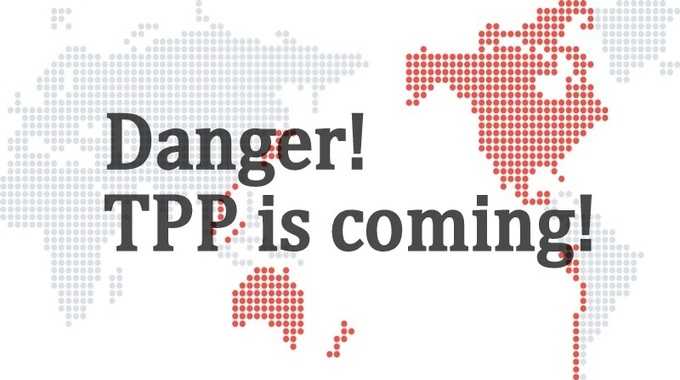TPP ratification process grinding to a halt as Canada launches ’widespread consultations’ on the deal

Tech Dirt | 18 December 2015
TPP ratification process grinding to a halt as Canada launches ’widespread consultations’ on the deal
by Glyn Moody
As we noted recently, the arrival of a new government in Canada has meant that the corporate sovereignty provisions in CETA, the Comprehensive Economic and Trade Agreement between Canada and the EU, might be re-examined, even if they are unlikely to be dropped completely. The other major trade deal involving Canada, TPP, is much more complex, since there are 11 other nations to consider. Although that limits the Candian government’s scope for changing course, it appears that it is nonetheless taking a radically different approach compared to its predecessor. Where Stephen Harper’s government was unwilling to involve the public in any way, Justin Trudeau’s team seems willing at least to ask for their views:
The Liberal government, under pressure from labour unions fretting about what they fear will be big job losses once TPP comes into effect, have launched widespread consultations on the deal. This could take considerable time, said the government, which strongly advocates the idea of free trade.
As that paragraph from an article in The Globe and Mail makes clear, the Canadian government is still keen on TPP, and aims to pass it, but it does seem that the process is going to take far longer than originally envisaged. According to The Globe and Mail, Canada aims to sign soon, but not ratify it — the final part of the process. That’s in part because it’s not at all clear when the US will get around to its own ratification. Doubts about the US timetable have increased after The Washington Post published the following:
Senate Majority Leader Mitch McConnell (R-Ky.) dealt a significant blow to President Obama’s global trade agenda Thursday, declaring that a sweeping pact with 11 Pacific Rim nations should not be sent to Congress for approval until after the 2016 elections — and maybe not until after Obama leaves office.
McConnell, who previously supported efforts to enhance Obama’s trade negotiating powers, signaled that he was undecided on how he would vote on the deal, but he was clear that the Trans-Pacific Partnership (TPP) would be defeated if it were sent to Capitol Hill next spring or summer, as the administration was planning to do.
That uncertainty is unnerving other TPP nations, as The Globe and Mail notes:
"Why would you expend any political capital on ratification if the whole process isn’t going anywhere?" said an official from a third TPP nation.
One consequence of the other TPP parties not ratifying the agreement quickly is that it makes it even harder to pass the agreement in the US — a classic vicious circle:
“It would certainly be helpful if other nations moved to ratify,” said a U.S. official familiar with the matter.
That’s clearly not going to happen anytime soon in Canada, as the government there makes good on its promise to consult the public on the deal. TPP may be done, but it’s by no means dusted.





